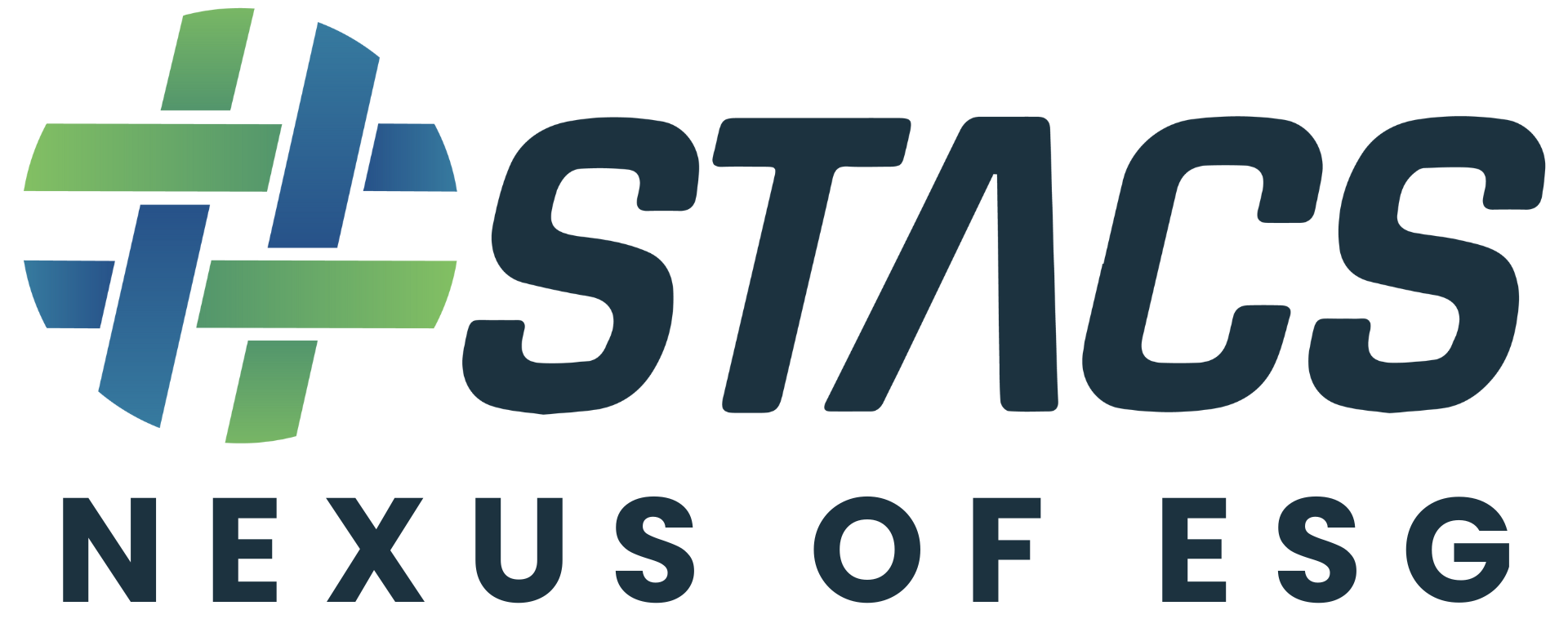STACS Partnership with SGInnovate — Summation programme featuring Software Engineer Intern, Teo Chen Ning
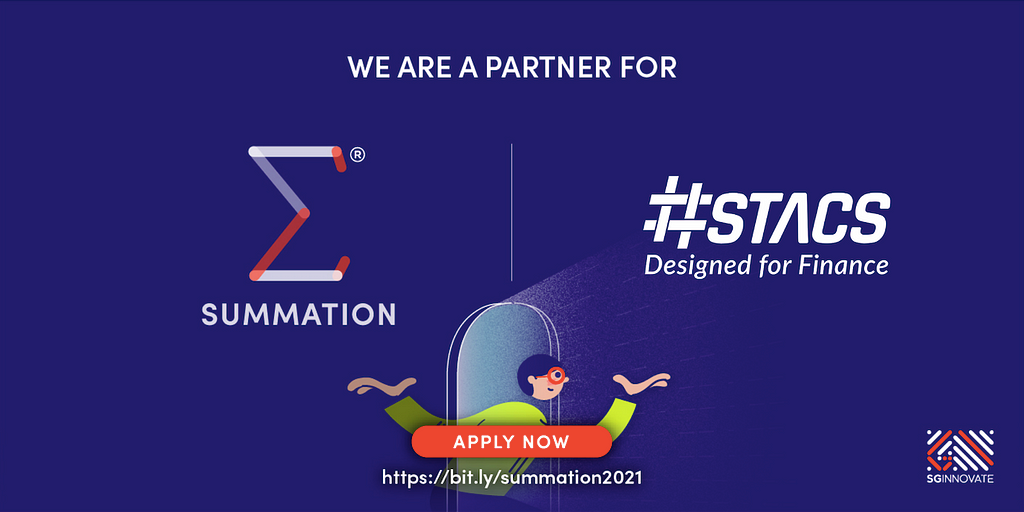
STACS is delighted to be a partner company of Summation by SGInnovate. This is aligned with our commitment to support deep tech literacy — specifically within blockchain — and building strong talents in the industry.
The SGInnovate Summation is a tech apprenticeship which allows opportunities for students to enrol themselves into subsidised and free courses. Outside of enrolment courses, hackathons, community, and networking events are also available within the programme, especially for students who has a passion for deep tech.
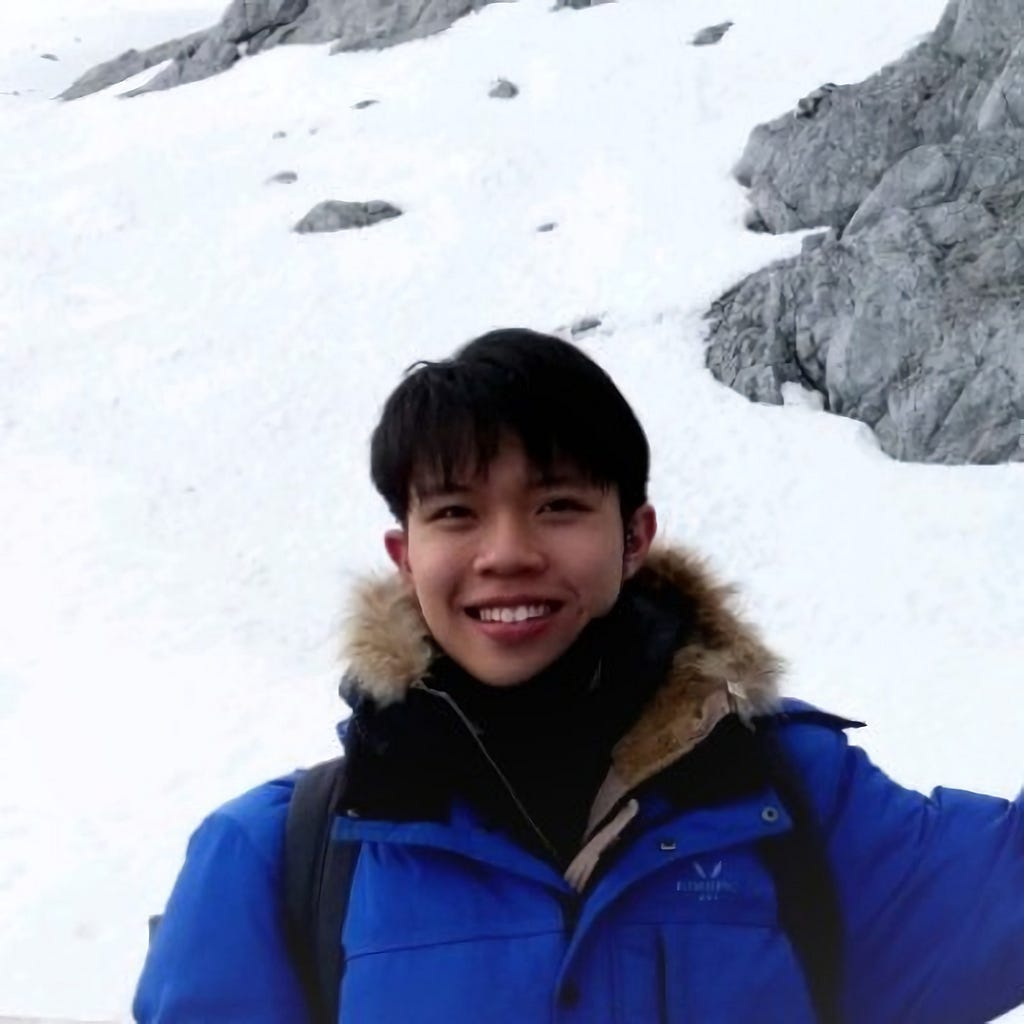
Our young talent, a Software Engineer Intern at STACS, Teo Chen Ning (‘Chen Ning’), is part of the Summation programme. Currently a student of Year 4 Renaissance Engineering (Comp Sci + Business Management) at Nanyang Technological University (NTU), Chen Ning’s first encounter with Programming was in secondary school. He has since developed a passion for Tech and has been coding projects on a personal basis.
Through the programme, Chen Ning joined STACS and has taken an interest in how the firm has combined the immutability of blockchain with finance, two of which he developed a passion for. Aside from coding, his hobbies include badminton and a good book.
A typical day as an Engineer Intern at STACS
Our days start at 10am, so that’s a little more sleep for the night owls. There are no hard “things you have to do”, but you are given free rein to work on it however you want, if the product turns up on time.
I usually kick off the day by coding new features, then spend the rest troubleshooting, fixing bugs and errors that surface. Occasionally, I’ll pop on a call with the tech team members if I’m facing a particularly nasty bug (bugs are what we call errors in running the code), or any problems that I’ve met. In the office, we usually go for lunch past noon, and then I always see people hitting up the pantry to get snacks and coffee throughout the day to stay alive. I don’t drink coffee, so maybe I just don’t stay alive.
End-to-end Project Management
As a SGInnovate Summation intern, it works different from other internships. Instead of being handed smaller-scale tasks in a certain domain and completing it on a day-to-day basis, I was tasked to handle an entire project, which includes the end-to-end process of planning, brainstorming, right down to execution.
Project Involvement in STACS’ Asset and Wealth Management Solution
My project involves gathering requirements, building the solution (front-end and back-end), and the deployment. Of which, allowing clients to upload a fee schedule (like a commission rates sheet) in any format, and mapping it to our own internal format so that we can parse and use it for other downstream processes like trade matching, etc.
It might seem easy on paper, but executing it, is quite the opposite. First, I had to look at some samples that the clients could upload, which involved blank rows, pictures, images, and even random notes written here and there. As such, I had to devise a way to extract out the actual data, and then somehow map whatever they had to our internal format automatically with minimal human intervention.
In the end, I came up with a solution by building a separate machine learning service which predicts the mappings and integrates into the existing backend and frontend services. A new frontend service was also required to confirm the predicted mappings, and finally, to deploy into production.
The result has now been achieved with clients uploading their fee schedules in their format, unlocking the ability to simply add our product to their existing processes without much change.
Honing my Tech software skillsets
Project Management, knowledge of Java and Springboot are some of the learnings I have taken from STACS. On the machine learning side, I have learnt about applying machine learning models in a real-life scenario, where it becomes important to know how to subsume data coming in from applications and use those to train and test a model.
I have also picked up skillsets from all domains — as I wrote my machine learning training scripts using AWS Sagemaker, and even deployed the solution through ECS and CodePipeline.
While creating the backend to host my machine learning model, I managed to further hone my skills on Python, API, React and Redux on the frontend, as well as designing the frontend design on Figma.
On top of that, I was included in client meetings where I could learn about real industry problem statements financial institutions have and ways of problem-solving them. While the default scenario was working from home, it was enjoyable to meet everyone in the times that I’ve been in the office. I even did a short sharing on Machine Learning with my colleagues.
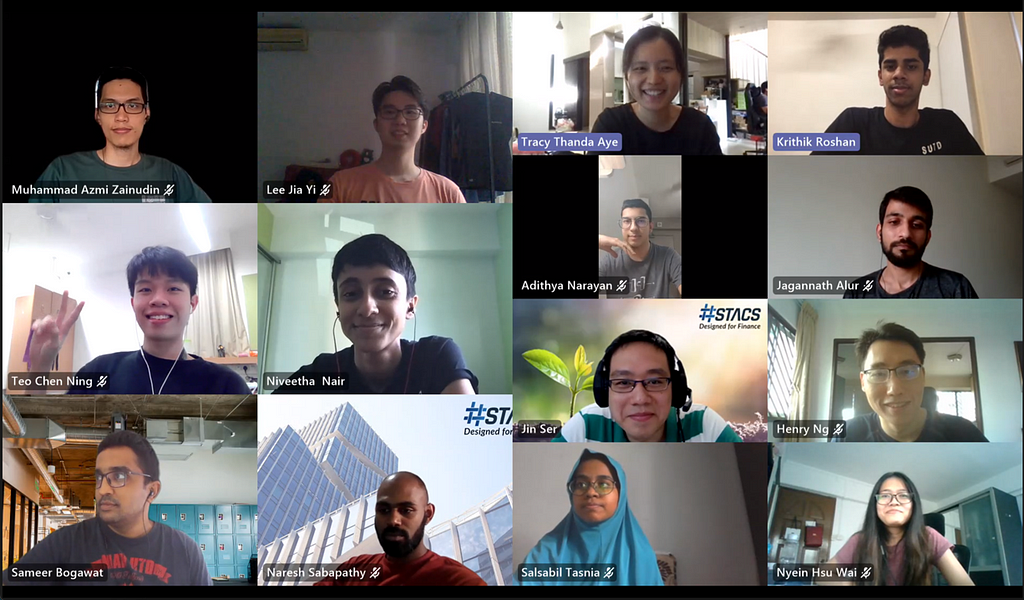
Key Takeaways — There is order in chaos
Some of the biggest takeaways from STACS can be summarized in an apt phrase — “There is order in chaos”. Having worked on many personal projects, I’m used to simply typing my code and voila, everything is done, but at times, it is more than just the surface.
I think there is a very real need to be able to manage human resources, and in tech, when you have multiple people collaborating on a single code base, things can get messy fast. However, processes set in place at STACS are very seamless, allowing the team to scale fast while not falling into chaos. Branched out like a hierarchy tree, the team leaders at STACS delegates tasks to the team and they will report the progress of each project to the management.
Consequently, all tasks are assigned and tracked through JIRA, a task management software, where tickets can be created and then assigned to an individual and tracked based on the progress. Tasks are done in what we call “sprints”, which is a two-week long timeline where every individual is assigned their own tasks and there is a check in every week to update on progress and blockers.
While this paradigm is quite common, STACS managed to grasp the balance of speed and control, which allows the company’s tech team to scale well and equip foresight. Currently, we are writing documentation to onboard new engineers, along with many other deployments methods and troubleshooting — and it is all just a search away.
This to me, it’s one of the key takeaways as I am interested in learning how to manage and scale up teams quickly and efficiently, and STACS has put that into very good perspective.
Learning Journey in a fast-paced FinTech start-up
One of the few challenges I have faced, were to learn how everything was pieced. With a well-established and rooted domain like finance, an introduction of a new technology will either symbolise a very important solution or implementing a solution to a problem that doesn’t exist.
Here at STACS, there is a very compelling need to improve traceability and improve financial processes, but at the same time, making sure the solution implemented needs to be well-rounded. While it’s easy to focus on the value-adding portion, I think the main challenge was how to integrate the solutions with existing financial processes seamlessly, to understand the clients’ existing workflow, and enhance seamless integration to the various products.
In a fast-paced environment like FinTech, another challenge presented would be to keep up with the pace. If you meet something you don’t know, you learn it, and you learn it fast. I think that’s part of what makes it exciting to work at a start-up — there are no mundane processes to fall back to, and you must constantly improve and adapt. Some hate the dynamism. I, for one, quite enjoy it as I desire to always be learning something new.
Lastly, how can I not mention how warm and helpful the STACS team is? We adopt a culture of learning together and growing together, and this to me, presents a very vital factor for a company to grow far.
Applying learnings in real life
In the STACS’ fortnightly trainings, the sharing where various teams shed light on topics such as IoT and blockchain, and many invaluable lessons that Ben, our Managing Director, has taught. A very memorable one for me was when Ben shared an encounter where a company approached him to invest in them so that they could stay afloat, and that company is now a Unicorn. As they say, much in life is like a leap of faith — there is no right choice, only probabilities.
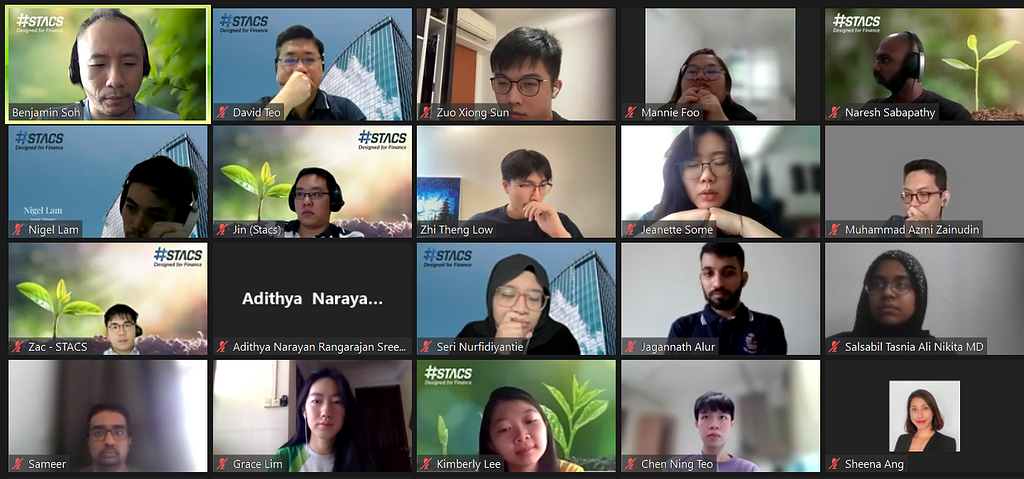
As a firm believer of learning something new every day, the mindset of “those who cannot keep up can only be left in its shadow.”, stands true to me.
Blockchain and machine learning are both new technologies — but they will not stay new forever. They may be nascent now, but when their true value becomes realized, it will be a smart move to be on the side where you know it. As such, I took the opportunity to acquaint myself with these technologies, and SGInnovate Summation provided a good way to expose me to various companies spearheading those disciplines.
With STACS, I applied both my passion and my expertise in the real world, especially by observing the processes that goes behind financial transactions and the movement of money — kind of like the underbelly of society that slowly shapes the world as we know it.
A place to be
With such an open and welcoming culture where everyone is willing to share their knowledge and their passion to grow together, I believe that STACS can reach great milestones in the future. Having said that, I am truly appreciative of being given the opportunity to be here and challenge myself, as the learnings I have equipped are invaluable. For those who are keen on learning new things about Blockchain, machine learning or to leap towards the finance industry, STACS is a place to be. I truly enjoyed my time here, and I’m sure you will too!
This is Chen Ning’s second run with SGInnovate. At STACS, we look forward to grooming more young talents within the FinTech space as we continue to devote the work of teaching and learning as a unified team. The dedication to the team, the positive learning attitude, and the great experience together will be greatly missed. All the best in your future endeavours, Chen Ning!
About STACS
STACS (Hashstacs Pte Ltd) is a Singapore FinTech company providing Transformative Technology for the Financial Industry, with its live blockchain infrastructure that unlocks value and enables effective Sustainable financing. STACS is leading the way forward by digitalizing assets, processes, and documents using its STACS Blockchain technology. Its clients and partners include global banks, national stock exchanges, and asset managers. STACS is The Asset Triple A Digital Awards 2021 FinTech Start-Up of the Year, an Award Winner of the Monetary Authority of Singapore (MAS) Global FinTech Innovation Challenge Awards 2020, and also a two-times awardee of the Financial Sector Technology and Innovation (FSTI) Proof of Concept (POC) grant, under the Financial Sector Development Fund administered by MAS.
For Enquiries
[email protected]
Website
www.stacs.io
